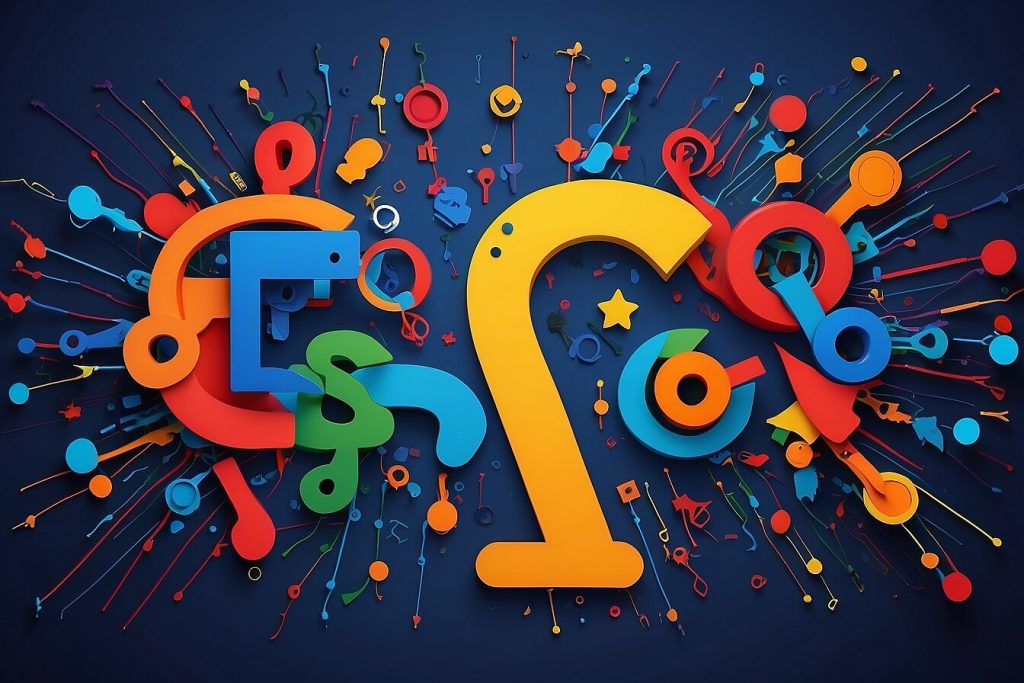AI in On-Page SEO: Optimizing Content for Search Engines

Related Posts

AI-Driven A/B Testing for App Store Assets
The Importance of Optimizing App Store Assets Proper optimization of app store assets is crucial for developers aspiring to reach their target audience and stay competitive in the fast-paced app market. With millions of apps available across various app stores,...

AI-Powered Keyword Research for App Store Optimization
Understanding the Role of AI in App Store Optimization In today’s digital landscape, App Store Optimization (ASO) has become crucial for businesses aiming to stand out in app marketplaces. ASO encompasses various strategies and techniques aimed at improving the visibility...

AI-Driven Keyword Research: Maximizing SEO Impact
Understanding the Basics of Keyword Research Keyword research is the foundation of any successful SEO strategy. It involves identifying the words and phrases that your target audience is using to search for information, products, or services on search engines. By...
Table of Contents
hide
